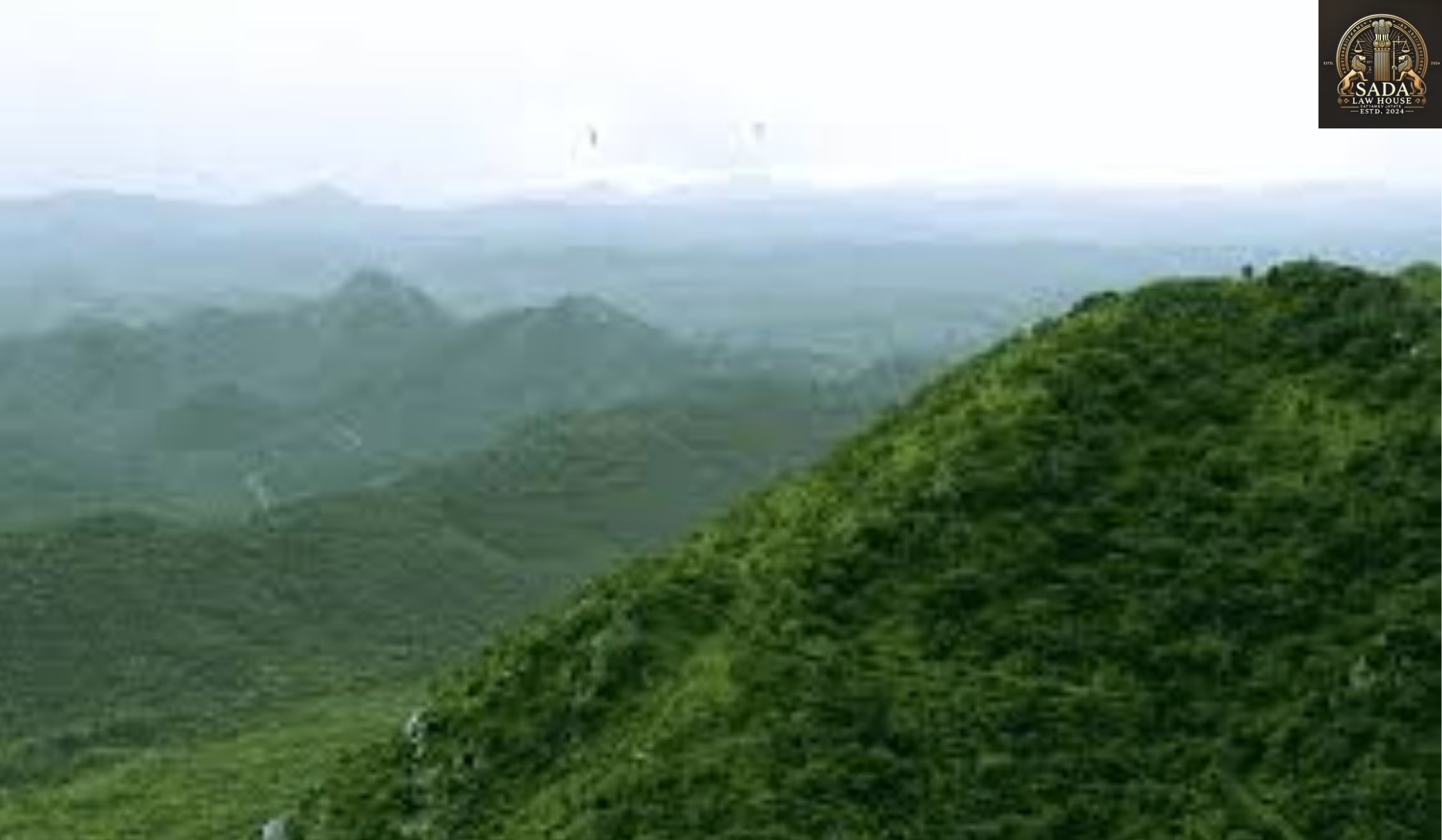Haryana Moves Supreme Court to Shield Aravalli Hills from Cross-Border Mining
- Kashish Jahan
- 19 JULY 2025

Haryana has approached the Supreme Court to halt mining within 5 km inside Rajasthan’s Aravalli range, citing ecological damage. Learn why this legal move could set a national precedent in forest conservation.
A Legal Push to Save the Ancient Aravallis
In a bold environmental move, the Haryana government has filed a petition in the Supreme Court of India to ban mining operations within five kilometres of the Aravalli Hills on the Rajasthan side of the border. This legal plea highlights growing concerns over rampant extraction activities damaging one of the world’s oldest mountain ranges.
Why Haryana Intervened
Despite state-level bans and the creation of green buffer zones, illegal and unchecked mining activities just across the Haryana-Rajasthan border persist. According to officials, mining leases granted in Rajasthan allow heavy equipment and trucks to cross the boundary easily, bypassing Haryana’s environmental safeguards. This undermines the state’s conservation efforts and accelerates ecological degradation.
What Haryana Is Demanding
The Haryana government is requesting the Supreme Court to establish a legally enforceable mining-free buffer zone stretching at least five kilometres inside Rajasthan territory. The aim is to protect:
Water recharge zones
Wildlife corridors
Air and soil quality
Such a buffer would act as a green belt, preventing further deforestation and mining-related damage to the fragile ecosystem.
The Stakes for Rajasthan
While Rajasthan‘s government has yet to officially respond, mining leaseholders in districts like Alwar are raising concerns about economic losses and job cuts. However, environmentalists argue that short-term employment cannot justify irreversible ecological loss.
“The Aravallis don’t follow state lines, and neither should our conservation efforts,” one activist commented.
Why the Aravalli Range Matters
The Aravalli Range plays a critical environmental role in North India. It acts as a:
Green barrier against desertification from the Thar Desert
Groundwater recharge zone
Unchecked mining and deforestation here contribute to:
Groundwater depletion
Air pollution
Soil erosion
Loss of biodiversity
What Happens Next?
The Supreme Court’s verdict could mark a turning point in India’s environmental policy. If the court agrees with Haryana’s request, it may set a legal precedent for cross-border conservation zones—paving the way for cooperative ecological protection that transcends state boundaries.
Final Thoughts
As climate change intensifies, India’s fragile ecosystems need stronger legal protection. Haryana’s proactive move might spark a national conversation on sustainable development, interstate environmental cooperation, and the need to prioritize long-term ecological health over short-term economic gains.






